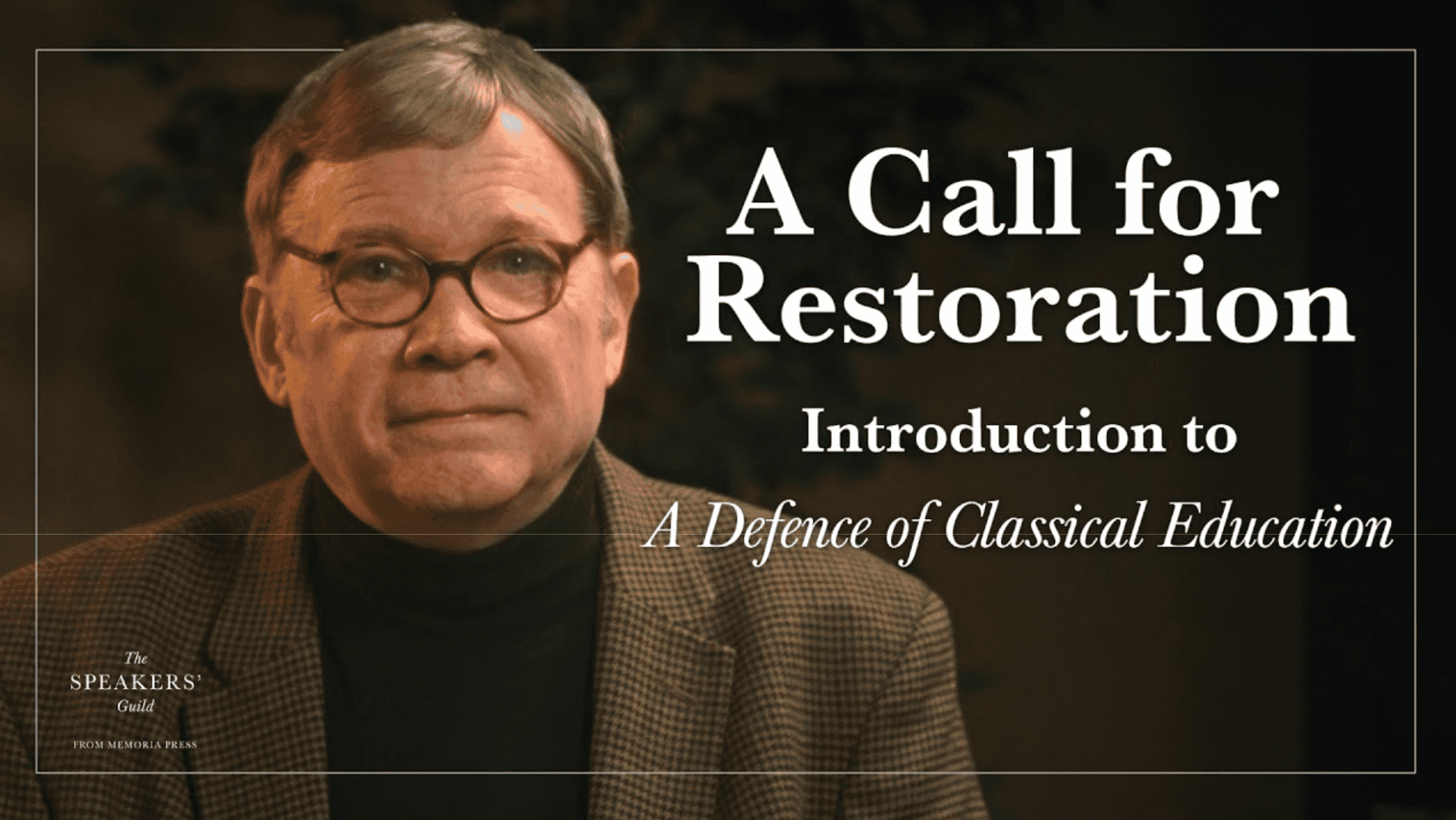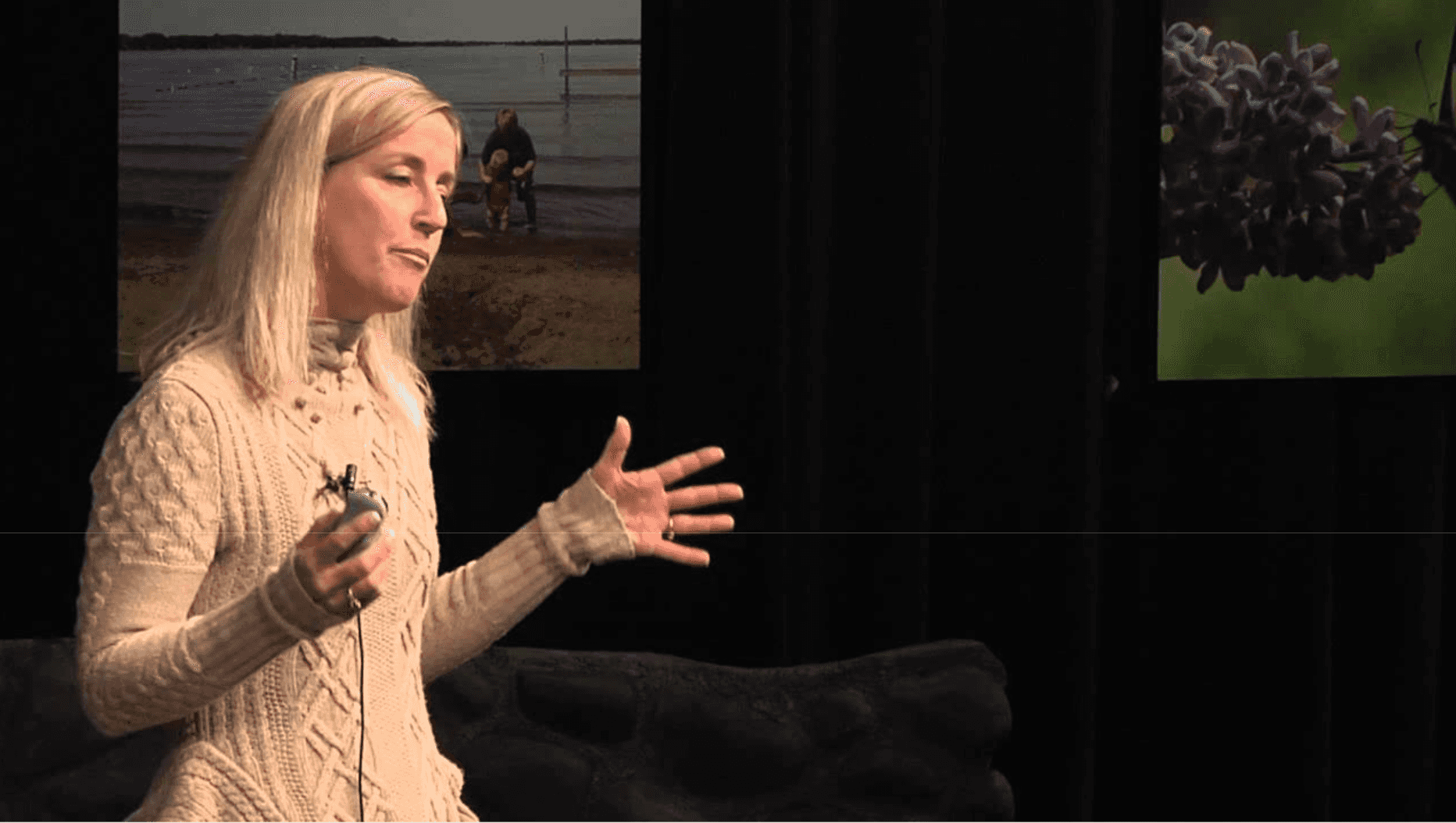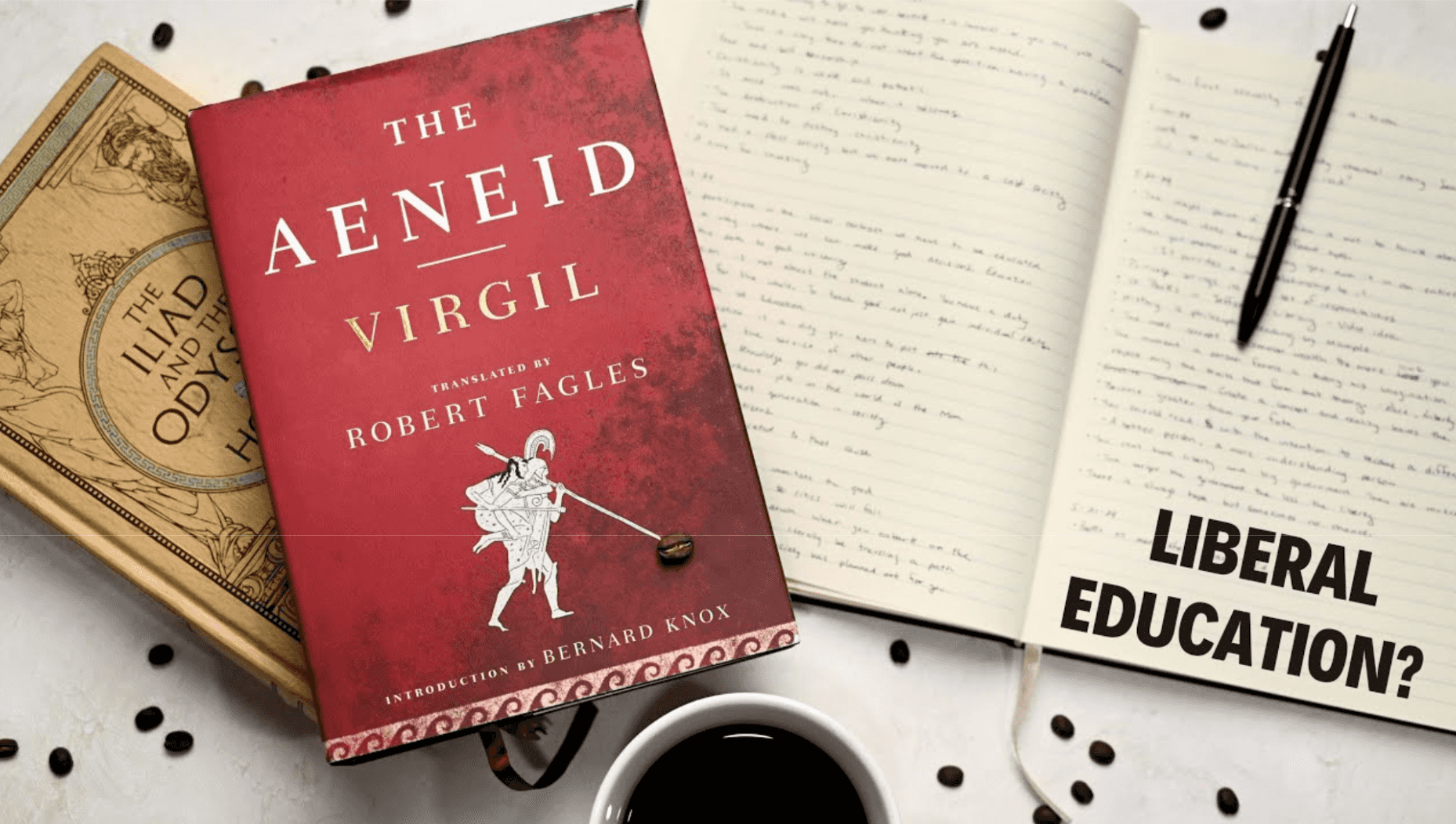
American summer tour! Wooclap will be at Anthology Together 2025
Come say hi at booth 301 from July 14th to July 16th in Las Vegas, Nevada
What Is Classical Education?
📝 Classical education represents an educational approach originating in ancient Greece and Rome that cultivates wisdom, virtue, and analytical thinking through the liberal arts[1][2]. Unlike contemporary education's emphasis on standardized testing and career-specific skills, classical education develops the whole person by pursuing timeless truths and fostering appreciation for goodness, truth, and beauty[3][4]. This framework presents knowledge as an interconnected whole rather than isolated subjects[3], emphasizing language mastery through classical texts and languages like Latin[1][4], while simultaneously nurturing character development and cultural literacy[5][6].
✏️ STRUCTURE: Classical education organizes learning into developmental stages known as the trivium: the grammar stage (elementary years) focuses on foundational knowledge acquisition and memorization; the logic stage (middle school) develops analytical reasoning and argumentation skills; and the rhetoric stage (high school) cultivates persuasive communication abilities[1][4]. This progression aligns with students' natural cognitive development[5]. Beyond the trivium lies the quadrivium—arithmetic, geometry, music, and astronomy—completing the seven liberal arts[1].
📅 HISTORICAL EVOLUTION: This educational approach traces its lineage through distinct historical periods. Beginning with Greek philosophers like Socrates, Plato, and Aristotle who established its philosophical foundations[1][7], it was later adapted by Romans who emphasized rhetorical training for civic life[1]. During the Medieval period, monasteries preserved classical texts while universities organized studies around the trivium and quadrivium[1][2]. Renaissance humanists like Erasmus revived classical learning, focusing on moral development[1], while a contemporary resurgence began in the late 20th century[8].
🎯 MODERN PRACTICE: Today, classical education flourishes in various settings including private schools (particularly Christian institutions), public charter school networks, homeschooling communities, and Catholic schools[9][10]. This revival responds to perceived deficiencies in modern education by offering rigorous academic standards[11], integrated curriculum approaches[11][12], and emphasis on analytical thinking[5][13]. Classical education prepares students for lifelong learning by teaching them how to think rather than merely what to think[14], while cultivating ethical reasoning and cultural literacy that connects them to civilization's intellectual heritage[11][15].
Sources —
[1] https://en.wikipedia.org/wiki/Classical_education
[2] https://classicalconversations.com/blog/classical-vs-modern-education/
[3] https://circeinstitute.org/what-is-classical-education/
[4] https://www.goodwin.edu/glossary/classical-schools
[5] https://classicalconversations.com/blog/classical-education-curriculum/
[7] https://historycooperative.org/who-invented-school/
[8] https://classicalchristian.org/a-short-history-of-classical-christian-educations-recovery/
[9] https://www.heritage.org/education/report/classical-schools-america-movement-hope
[10] https://en.wikipedia.org/wiki/Classical_education_movement
[11] https://www.westminsterschool.com/blog/core-principles-of-classical-education/
[12] https://www.genevaschool.net/classical-learning
[13] https://files.eric.ed.gov/fulltext/ED615236.pdf
[14] https://www.wluspectator.com/articles/2023/5/16/the-benefits-of-a-classical-education
[15] https://cognate.us/classical-christian-education-for-modern-learners/
A monthly summary of our product updates and our latest published content, directly in your inbox.



